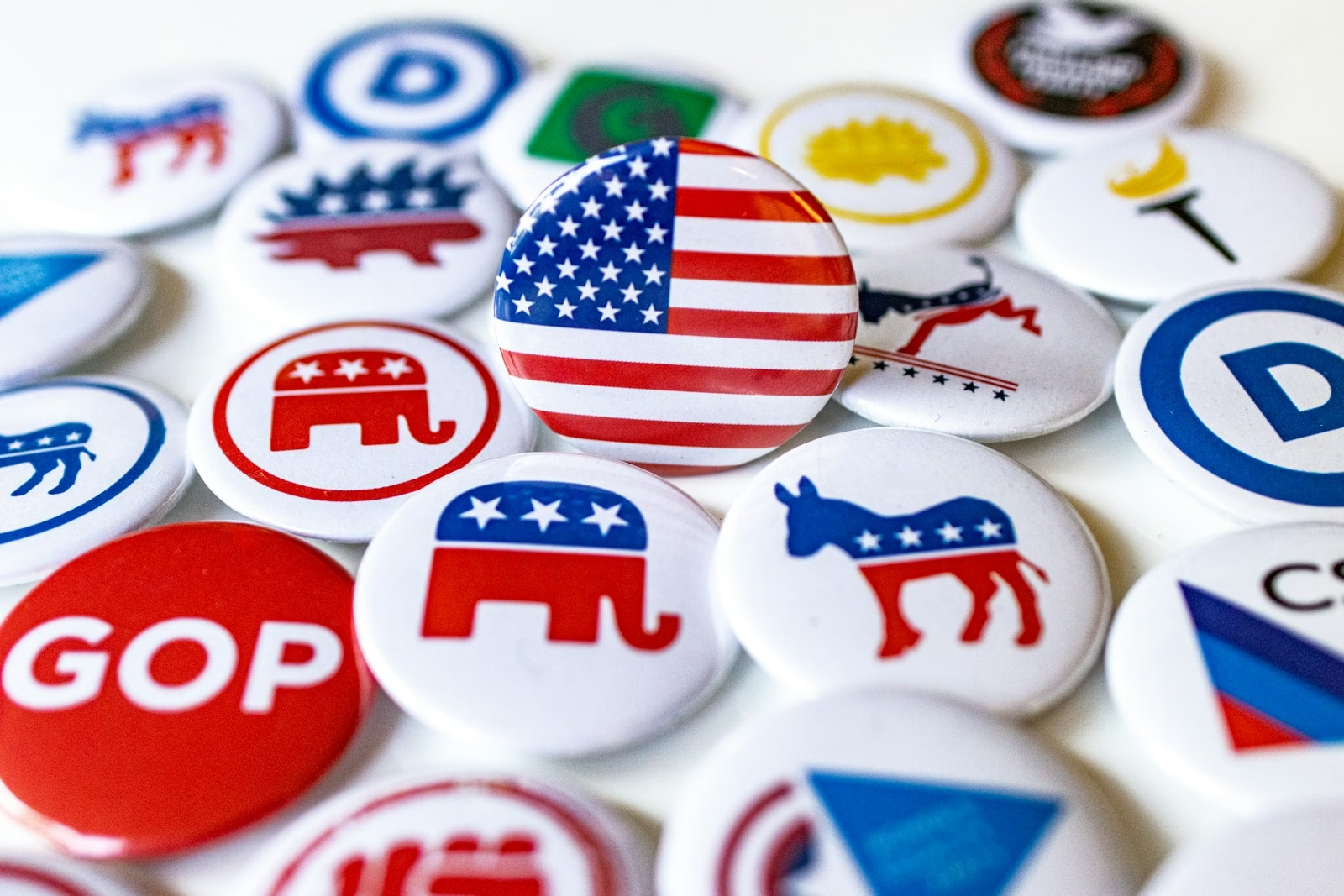Key Takeaways
• President Trump’s self-dealing is drawing criticism from within his own party.
• Mar-a-Lago’s “Great Gatsby” party took place amid a government shutdown and SNAP deadline.
• Polls show low approval of Trump’s economic performance and rising GOP concern.
• Questions grow over family profits linked to the presidency and party morale.
Trump Self-Dealing Takes Center Stage
President Donald Trump faces fresh scrutiny over Trump self-dealing. His family has earned up to a billion dollars since he took office again in January. Meanwhile, Republicans worry that this focus on profit is hurting the party’s image.
The Mar-a-Lago “Great Gatsby” Fête
Last weekend, Mar-a-Lago hosted a lavish “Great Gatsby” party. Guests wore tuxedos and flapper dresses. Dancers in martini glasses added to the spectacle. Yet, this event clashed with a government shutdown that threatened to cut food aid for millions.
The dinner happened just hours before the Supplemental Nutrition Assistance Program deadline. As a result, many feared losing crucial food assistance. Critics saw the timing as tone-deaf. Others cited Trump self-dealing as a sign of misplaced priorities.
Polls Show Growing Concern
Recent polling data paints a grim picture. Only 30 to 34 percent of Americans say the country is on the right track. Approval of Trump’s handling of the economy stands at just 34 percent. Nearly two out of three believe he has fallen short.
These numbers worry some Republicans. They fear Trump self-dealing and extravagant parties could cost key midterm races. Voters in red and blue states alike already feel the pain of lost aid. They may not respond well to images of opulence.
How Trump Self-Dealing Affects Republicans
Republican candidates now face a dilemma. Do they defend Trump self-dealing or distance themselves? Some local campaigns remain silent. Others have quietly criticized the lavish event and related controversies.
Several state party leaders worry about the optics. They fear that continued focus on self-enrichment could depress turnout. Meanwhile, independent voters may view the GOP as out of touch. This could tip close races in favor of Democrats.
White House Reaction and Media Coverage
After scenes from Mar-a-Lago went public, reporters asked White House officials about the party. One aide replied, “A little party never killed nobody.” This quote sparked further debate. Many saw it as dismissive of real struggles faced by families on food stamps.
Media outlets highlighted the contrast between the party’s glitz and the shutdown’s impact. Social media amplified images of dancers in martini glasses. Critics argued that Trump self-dealing played out on full display.
The Family Business Model
Trump’s sons, Donald Jr. and Eric, have leveraged their father’s office to grow their ventures. Business records show they have met with foreign delegates and businesspeople with White House ties. These meetings have fueled questions about conflicts of interest.
Through this lens, the Mar-a-Lago party becomes more than a gala. It serves as a fundraiser for the family’s club. Attendees paid premium fees to mingle with the president and his circle. As such, critics call it the latest example of Trump self-dealing.
Political Implications Ahead
With midterm elections nearing, both parties are strategizing. Democrats plan to highlight any sign of GOP corruption or cronyism. They will use the storyline of Trump self-dealing to paint the entire party as self-serving.
On the other hand, many Republicans still back Trump’s policies. They credit him with a busy judicial appointments record and tax cuts. Yet, they cannot ignore how issues like the SNAP cuts and party optics may sway undecided voters.
Lessons from The Great Gatsby Theme
The choice of a “Great Gatsby” theme carried symbolic weight. In the novel, Jay Gatsby’s lavish lifestyle masks a sense of emptiness and scandal. Some analysts see a parallel to the Trump era. They argue that glitter cannot obscure deeper issues.
Moreover, the novel ends in tragedy, not triumph. Critics warn that if Republicans rely too heavily on Trump self-dealing as a campaign style, they may face unexpected fallout.
Moving Forward for the GOP
Republican leaders must decide how to handle Trump self-dealing. Some propose stricter ethics rules to curb presidential family profits. Others suggest focusing on local issues and positive messaging instead of national controversies.
In any case, the debate over self-dealing and opulent parties will likely continue. Voters are paying attention to both policy outcomes and personal conduct. For the GOP, bridging the gap between image and reality has never been more urgent.
Conclusion
President Trump’s lavish Mar-a-Lago party has become a flashpoint in the debate over Trump self-dealing. At a time when millions face food shortages and the government sits in partial shutdown, the optics of wealth and power have stirred unease. Polls reveal low approval for his economic promises and rising anxiety within the Republican ranks. As campaigns gear up for upcoming elections, the question remains: will Trump self-dealing define the GOP’s future or will leaders find a path that balances ambition with accountability?
FAQs
What is meant by “Trump self-dealing”?
It refers to the president and his family using the office for personal profit. Examples include business deals, high club fees, and fundraising events tied to his presidency.
How much money has the Trump family made since January?
Estimates suggest the family has earned up to one billion dollars through their businesses and events linked to the White House.
Why is the Mar-a-Lago party seen as controversial?
The party clashed with a government shutdown and a looming deadline for food aid. Critics say the lavish display felt insensitive to struggling families.
How are Republican candidates reacting?
Some defend the president’s actions and focus on policy wins. Others worry that Trump self-dealing will hurt them at the polls and advocate for stricter ethics measures.
